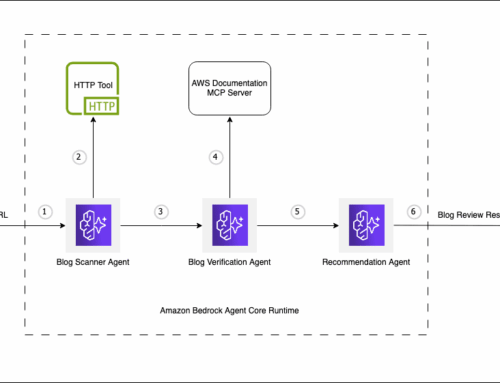Study: Scrubbers Have Less Environmental Impact Than Low-Sulfur Fuel
April 6, 2025
Since the introduction of a global sulfur cap in marine fuel oil by IMO (International Maritime Organization) in 2020, there has been uncertainty on the environmental impacts of scrubbers for vessels using heavy fuel oil (HFO). But a new study released last week claims that the environmental impacts of burning HFO with scrubbers could be equivalent, and in some scenarios, outperform use of low-sulfur fuels for large bulk carriers.
The study includes researchers from MIT and Georgia Tech, with partial support from Oldendorff Carriers. The bulk carrier Hedwig Oldendorff was selected for onboard emission measurements and collection of scrubber wash water samples.
While multiple studies have monitored marine fuel emissions and the effects of scrubbers, the researchers said that the existing lifecycle assessments (LCAs) lack onboard measurements or focus on specific impact categories, such as climate change. For this study, the scientists claimed to have developed a robust assessment of the environmental impacts of using scrubbers with HFO versus low-sulfur fuels. This involved conducting a comprehensive Well-to-Wake (WtW) LCA, accounting for the impacts from fuel sourcing, production, conversion, transport, distribution, and eventual use onboard the vessel.
In considering this entire supply chain, burning heavy fuel oil with scrubbers was found to be the least harmful option in terms of nearly all 10 environmental impact factors that were studied. Some of these factors include greenhouse gas emissions, terrestrial acidification and ozone formation.
“Claims about environmental hazards and policies to mitigate them should be backed by science. You need to see data, be objective, and design studies that take into account the full picture to be able to compare different options,” said lead author Patricia Stathatou, an assistant professor at Georgia Tech.
According to data by Clarksons Research, the use of scrubbers has been on the rise in the past two decades. The number of scrubber-fitted ships increased from 243 in 2020 to more than 7,400 at the start of 2025. The majority of these vessels utilize wet, open-loop marine scrubbers, which consists of a huge vertical tank installed in a ship’s exhaust stack above the engines. Inside, seawater drawn from the ocean is sprayed through a series of nozzles, washing the hot exhaust gases as they exit the engines. But the scrubber wastewater contains compounds that may be toxic for the marine environment. In fact, many countries across the world have restricted scrubber discharge within ports and harbors.
In exploring this concern in the study, Stathatou and her colleagues agree that scrubber discharge is toxic, but its impact is less than burning low-sulfur fuels, when considered from a holistic point of view. Producing low-sulfur fuel requires extra processing steps in the refinery, causing additional emissions of greenhouse gases and particulate matter.
“If we just look at everything that happens before the fuel is bunkered onboard the vessel, heavy fuel oil is significantly more low-impact, environmentally, than low-sulfur fuels. If you consider that the scrubber has a lifetime of about 20 years, the environmental impacts of producing the scrubber over its lifetime are negligible compared to producing heavy fuel oil,” added Stathatou.
Search
RECENT PRESS RELEASES
Related Post


